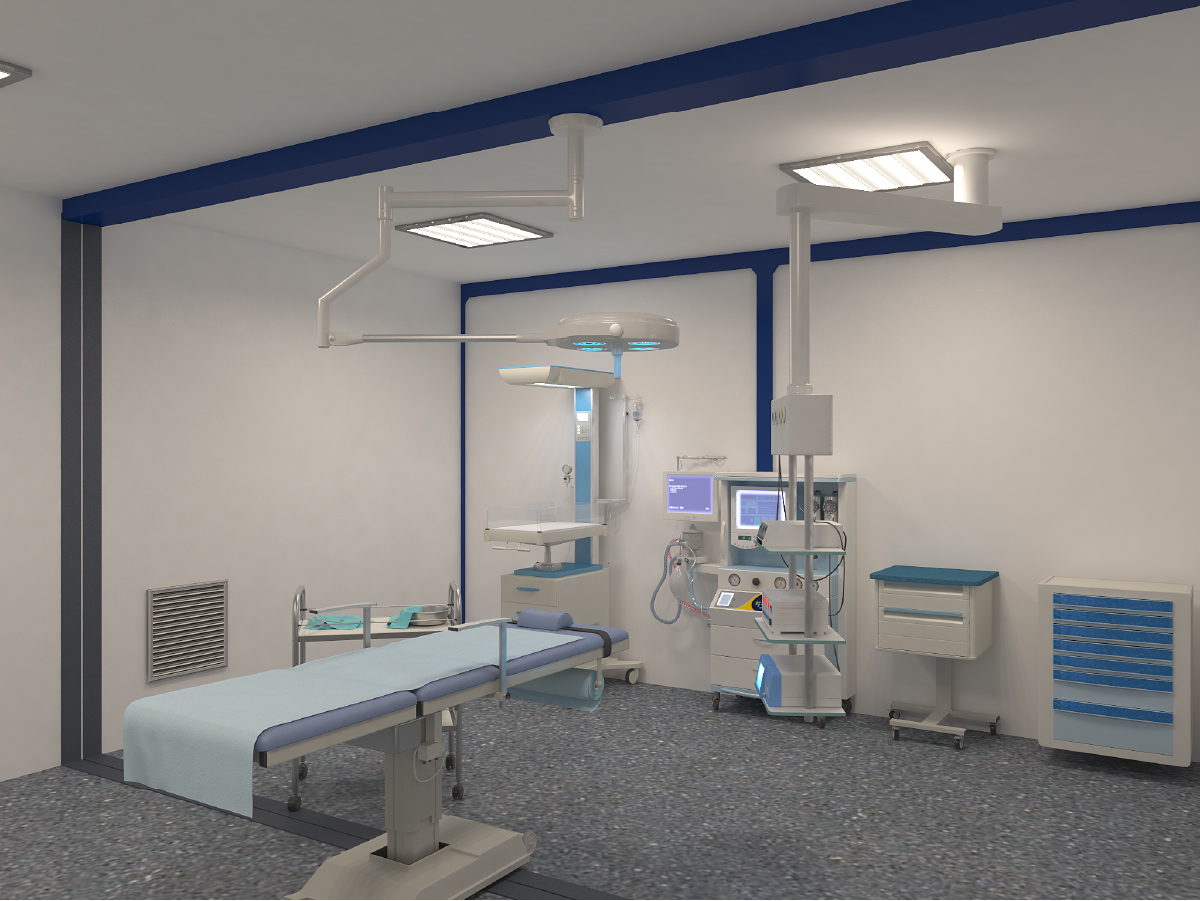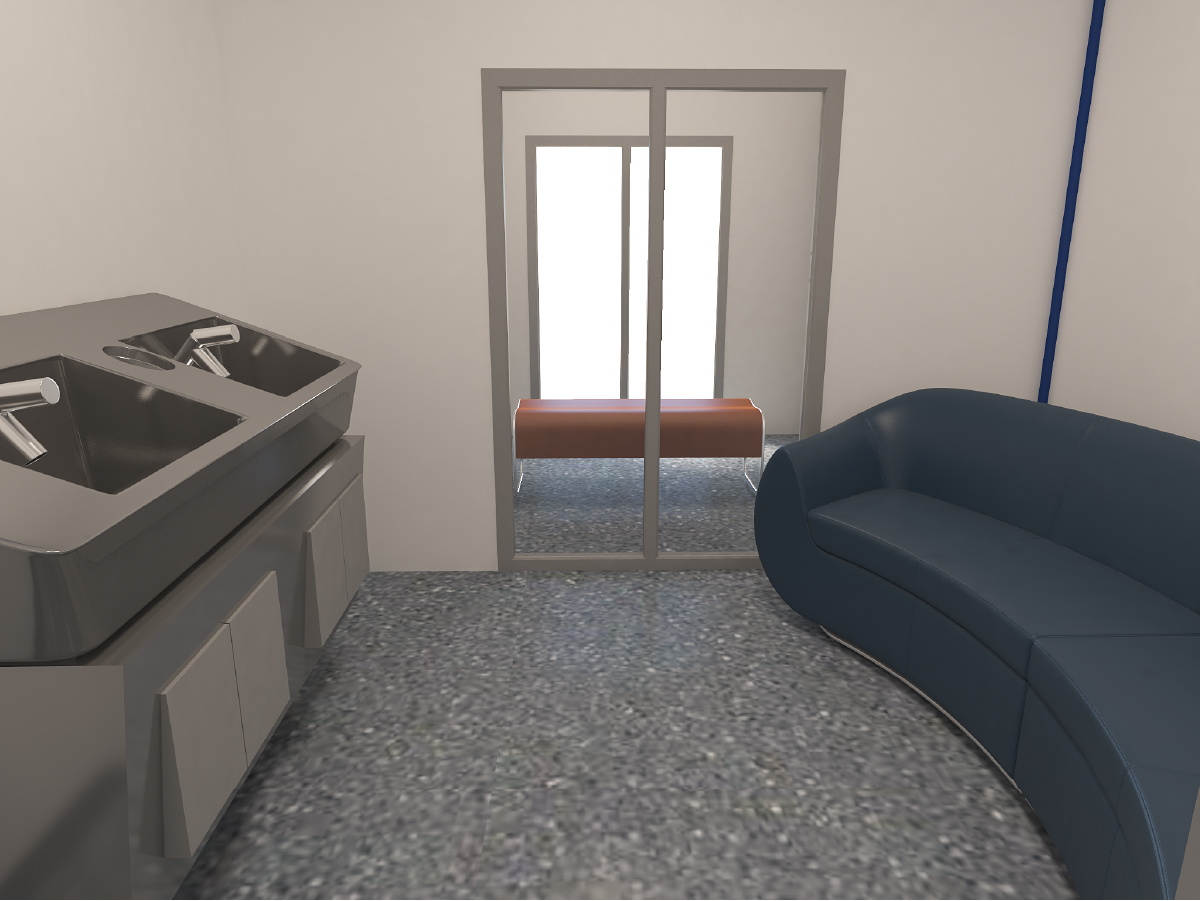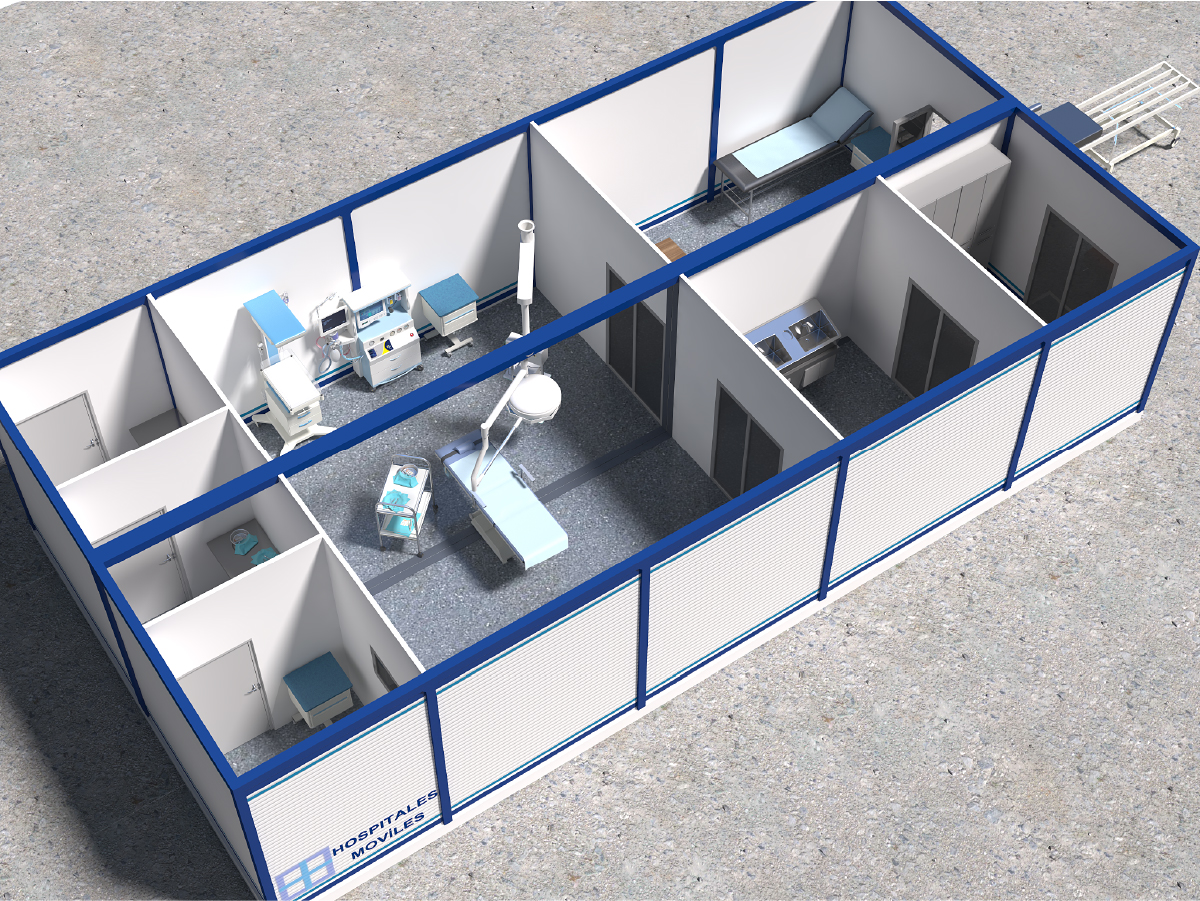Modular Hospital and Clinic had many applications.
When you think of modular hospital the word modular you see the former “traditional” modular prefabrication the construction trailer on wheels — or the portable classroom. That’s where the modular design industry was stuck for many decades. But in the last few years, modular design has become more prominent and innovative in many industries.
Clonidine Discounted Generic Buy Online 0.1mg Blood Pressure/Heart
Remember, it is illegal to buy any prescription-only medicine unless a doctor has written a prescription specifically for you. Wirkungsdauer Kamagra Oral Jelly ...
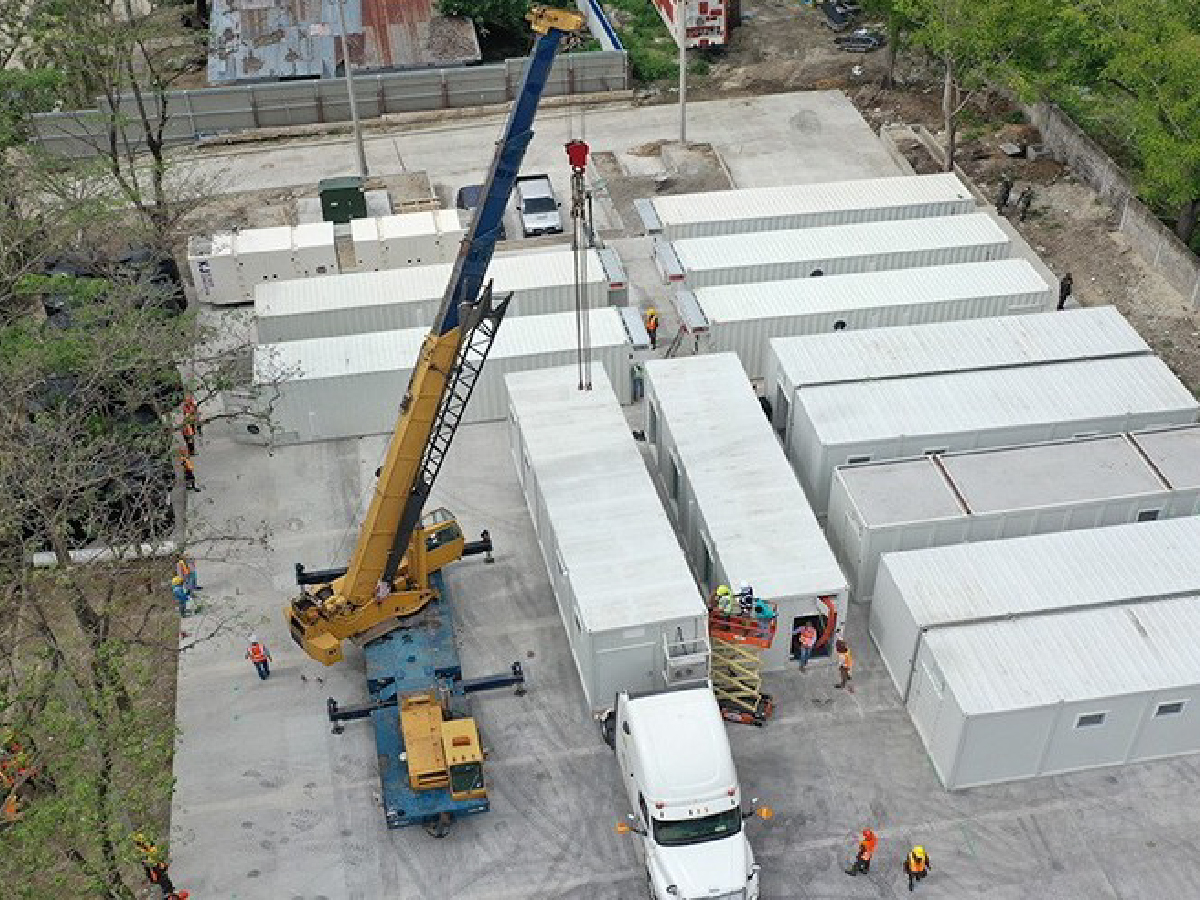
The prefabrication of modular hospitals and mobile clinics and hospital reduces on-site construction costs, these modules are built in a safe environmental warehouse. Each module can be customized — exam rooms, inpatient rooms, physician offices, bathrooms, reception, and intake spaces with all equipment on, ready to plug and play.
Regardless of the solution, we’re designing, we use a supply-chain approach that uses a kit of parts along with design and production guidelines.
Our Products Benefits:
- Cost savings
- Better and more predictable outcomes
- Accelerated speed to market
- Labor efficiency
- Portable Health
- Turn-Key Project
- Ship Ready-To-Use
- Fast Lead Times
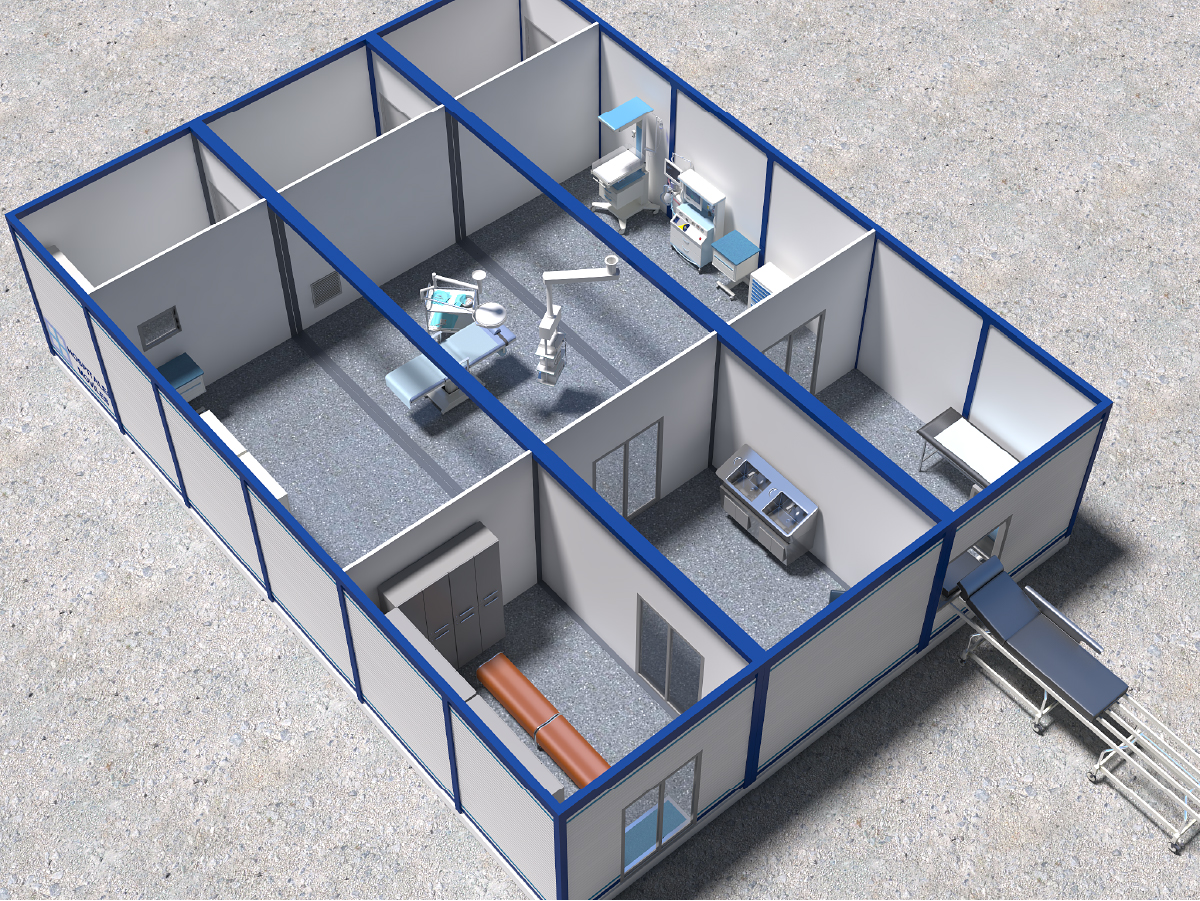
Hospital Expansion
Our modular hospital and mobile clinic can be designed and assembled quickly on tight campuses, in parking lots, or on adjacent land of virtually any terrain. The modules can be constructed and ready to use within months, not years, serving as a bridge that allows your hospital to provide seamless care and continue to generate revenue while the organization completes renovations or permanent solutions.

Disaster Recovery
Having a disaster plan in place is a must for your organization. From stocking your safety kit to developing a strategy for employee and customer safety, preparedness provides peace of mind and helps prevent injuries or worse. However, getting back on your feet after the initial trauma should also be part of your disaster recovery plan. Our Modular Clinics or Mobile Hospitals, help businesses, charities, public institutions, and other organizations resume operations as quickly and comfortably as possible.
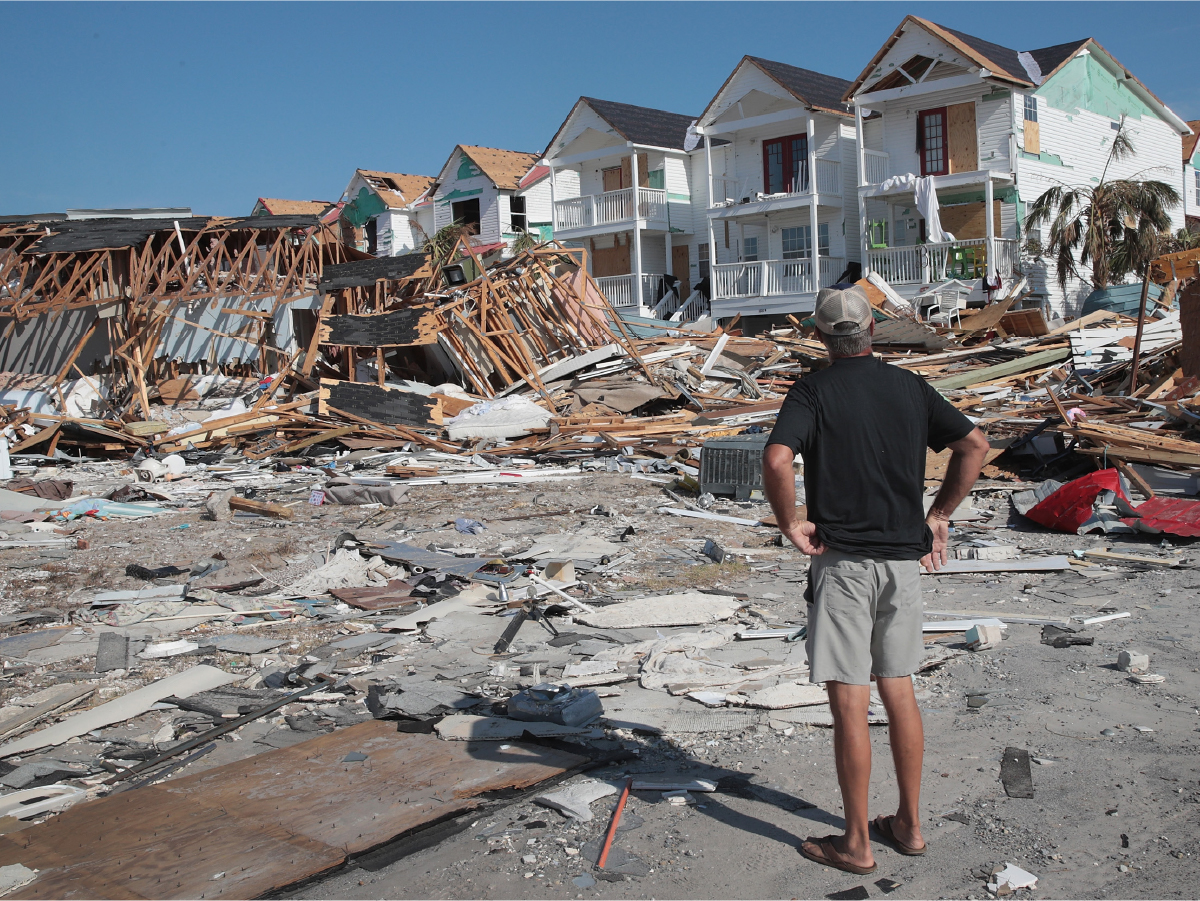
Natural
Disaster
Our modular clinics and mobile hospital respond to long-term or temporary medical needs created by natural disasters like tornadoes, hurricanes, flooding, and fire. Our modular or mobile system can be designed and erected within months to relieve first responder tents, providing the bridge for your community’s medical needs while permanent solutions are determined.
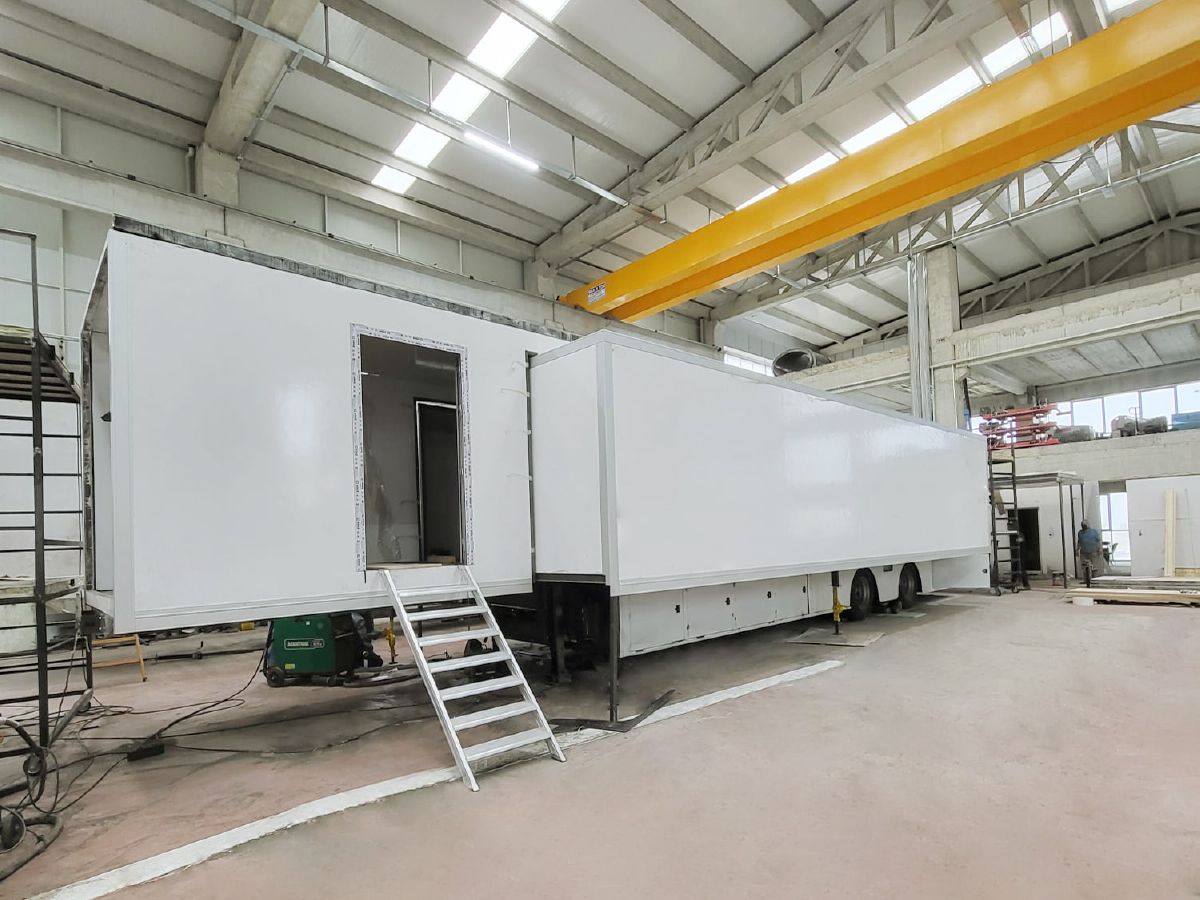
Specialty
Use
Our modular clinics and mobile hospitals work for any temporary medical space need. Whether it’s sterile processing, additional operating rooms, behavioral health space, or medical laboratories, our componentized system is the perfect fix while you identify a long-term solution.
Some special use:
- Dental Clinics
- Dialysis Clinics
- Laboratories
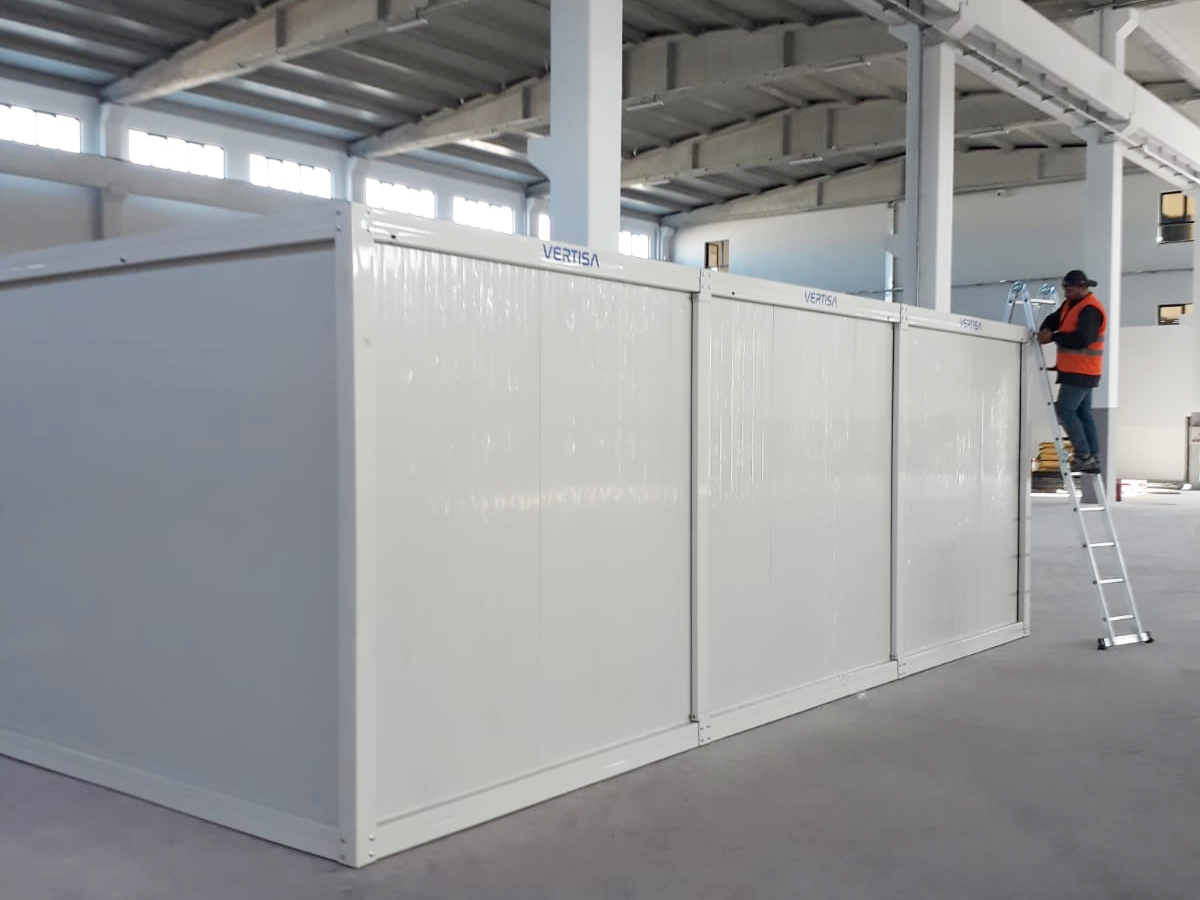
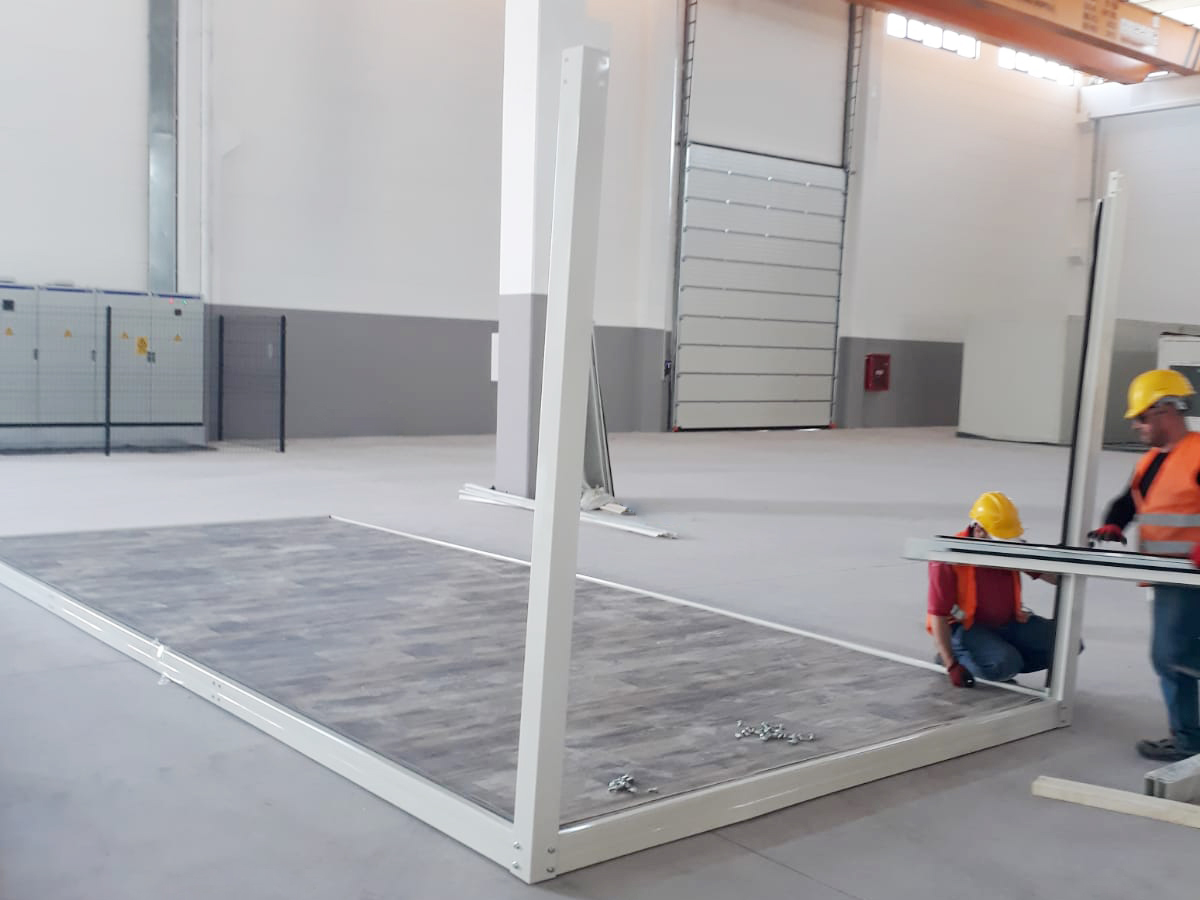
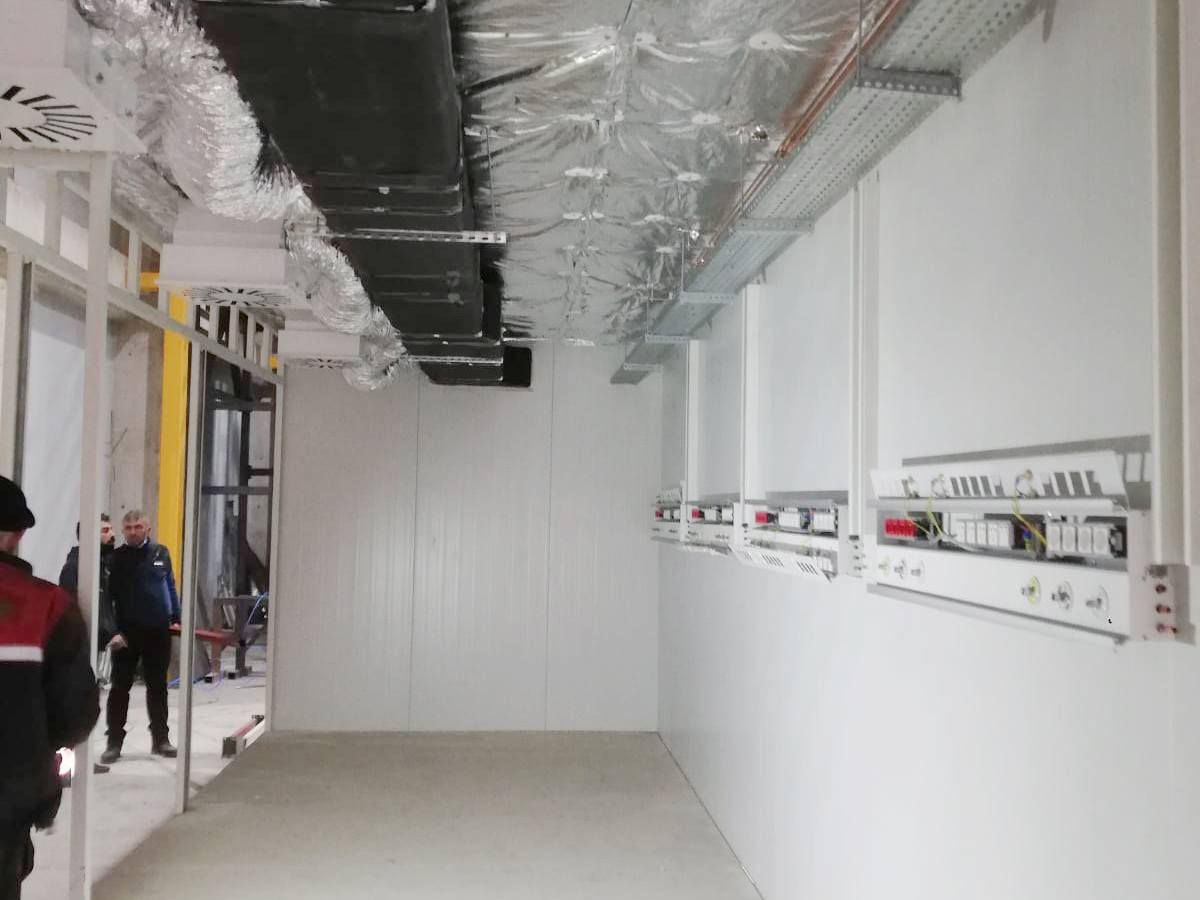
There are a number of reasons to choose prefab, or modular construction more specifically, for hospitals and other healthcare facilities:
- Speed — Modules can be manufactured in the plant while the site is being prepared (e.g. clearing, excavating, grading, and foundation work). This overlap in processes can shave weeks or even months off your construction schedule!
- Quality — Manufacturing in a factory typically results in greater precision compared to construction in the field. This is especially important for complex, high tech buildings, such as hospitals. After inspections at the factory, modules can be delivered to the site almost completely finished. This means that damage (e.g. to plumbing fixtures, medical equipment, and paintwork) is less likely.
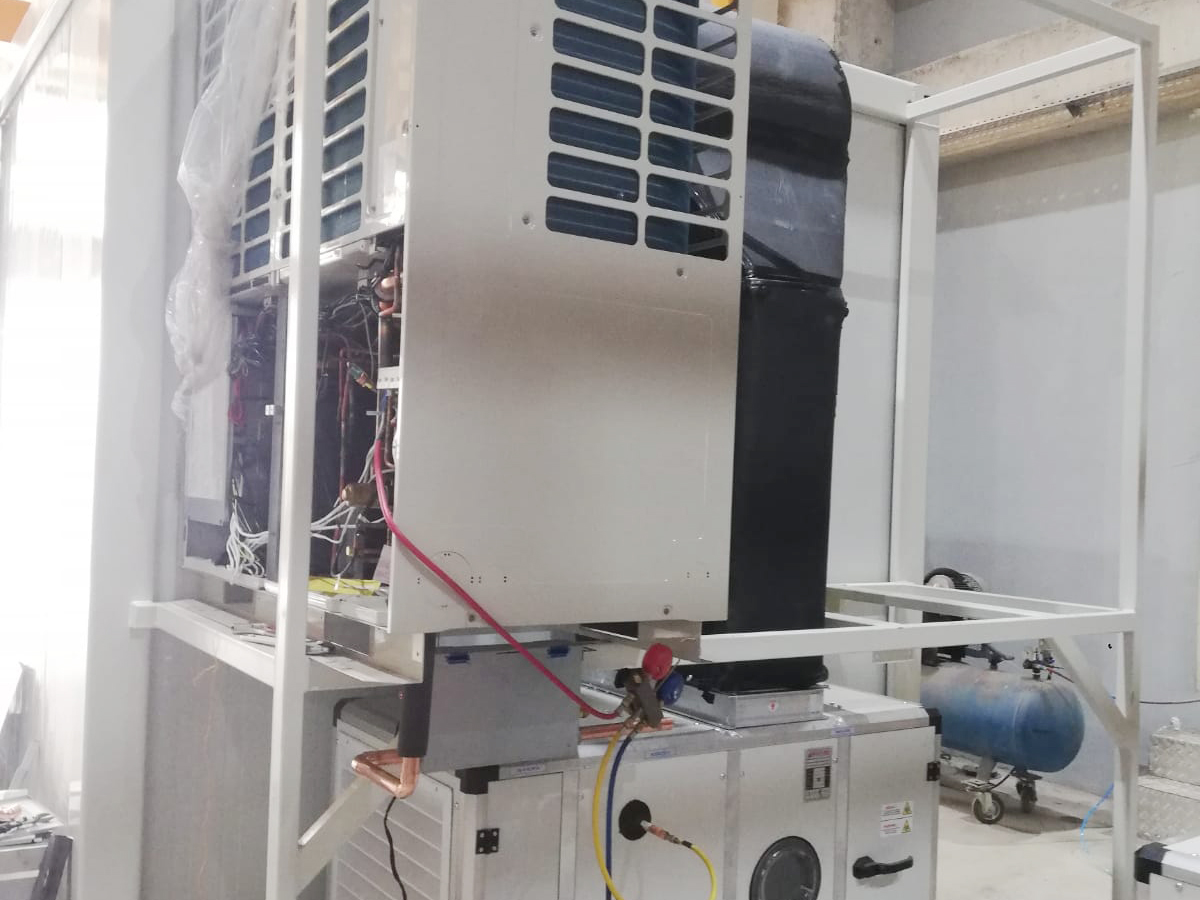
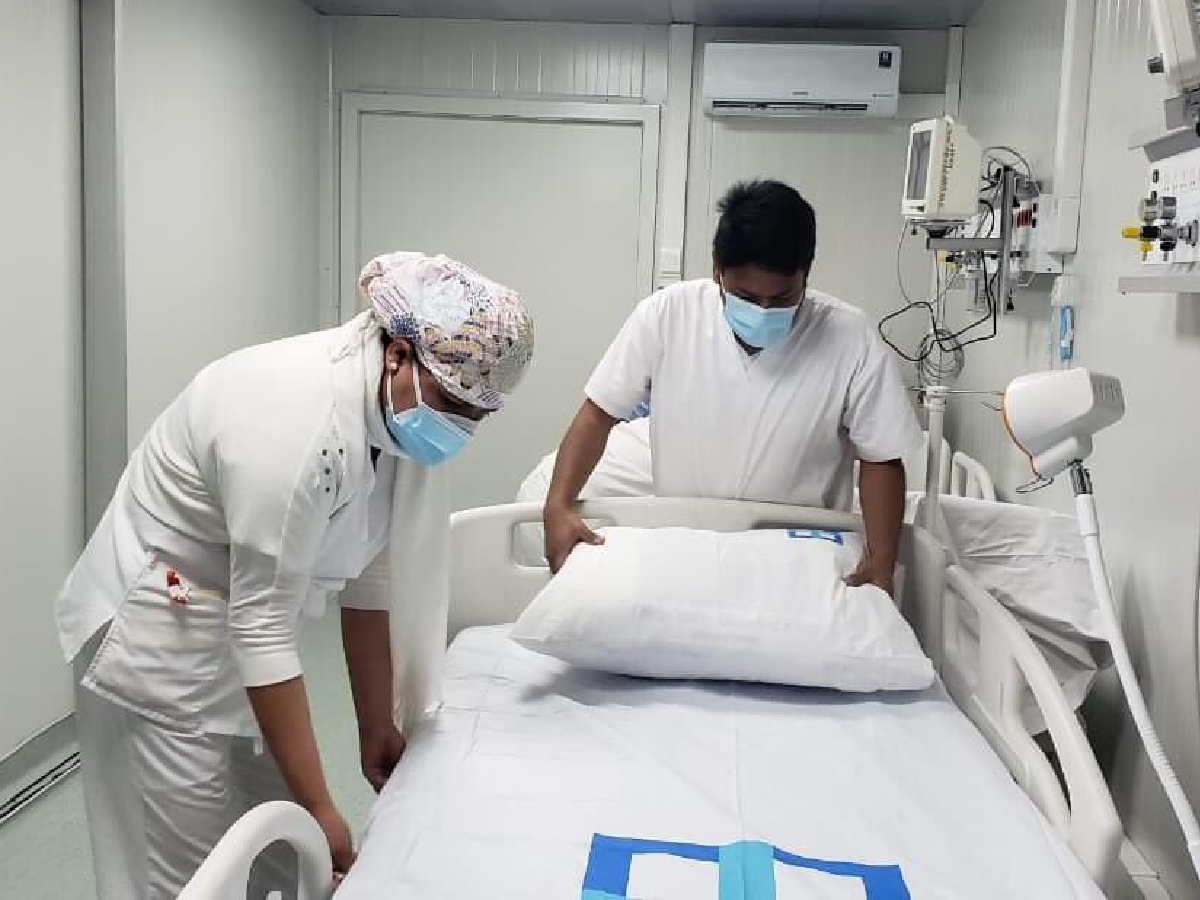
- Less waste, greater efficiency — Designing for factory manufacturing leads to less wasted material than on-site construction. Workers are also more efficient because the equipment needed for each task can be kept at each workstation on the factory line. In contrast, on a building site, workers need to walk to find tools and bring them to all the different points they work on in the building.
- Less labor — Factories are designed for efficiency and require less labor than conventional construction to build an equivalent structure. This is important given the current shortage of skilled tradespeople.
- Safety — There is no working at heights in a modular construction factory and no weather to deal with. This means that workers don’t have to worry about heat stroke, or surfaces getting slippery in the rain, or working in extremely cold temperatures.
- No weather delays — Delays are standard for conventional construction. When a hospital is built in a factory, there are no weather delays. This can make a huge difference, especially in areas with a short construction season, or with unpredictable weather.
- Cost certainty — All the materials for prefabrication are ordered up-front and stored in the factory, ready to use. This means the exact price for materials can be known right away, rather than estimating the price for materials weeks or months in the future when a conventionally built structure is ready to have them delivered to the site.
- Fewer change orders — The National Institute of Building Sciences says, “Compared with traditional construction, PMC [permanent modular construction] projects have statistically fewer change orders, which makes the design/construction process go smoother and faster.”
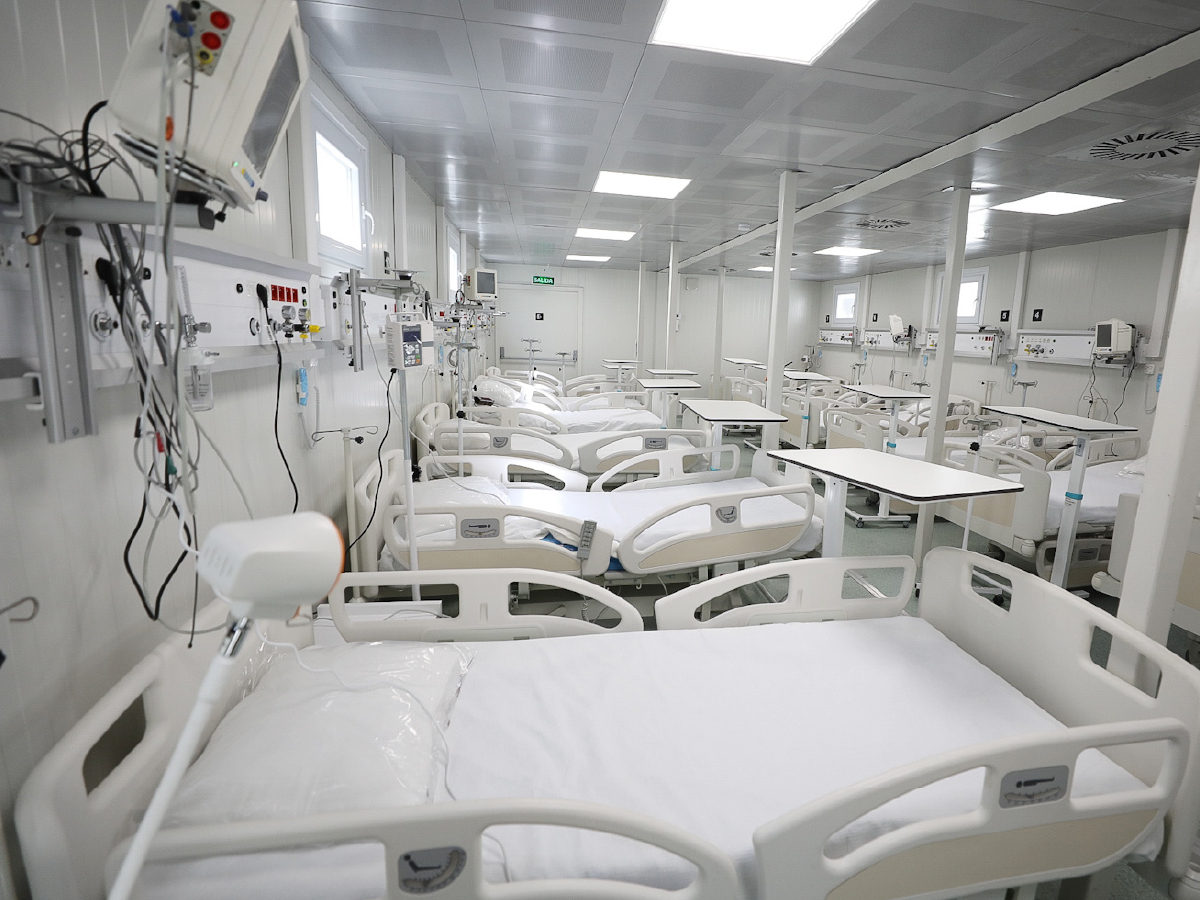
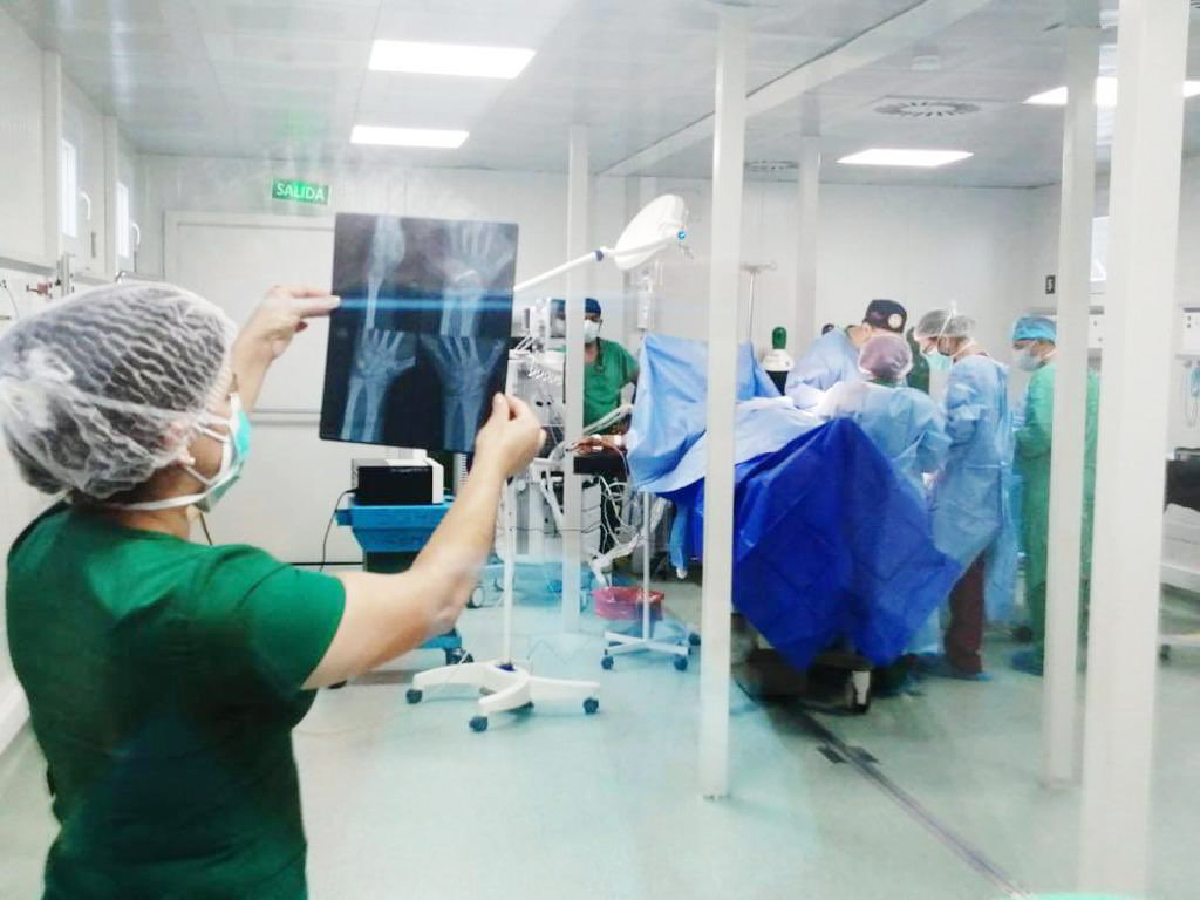
- Repeatable design — If all your patient rooms are the same, the efficiencies of repeatable processes in the factory are a particularly good fit for your project.
- Customizable — Prefab doesn’t mean cookie-cutter though. Just as with conventional construction, the designs for modular healthcare facilities can be adapted to your needs.
- Less site impact — Having the majority of construction happen off-site results in less site disturbance, such as noise, dirt, and traffic to and from the site. This is especially crucial for additions to existing hospitals, where it’s essential to minimize disruption for patients and hospital staff.
